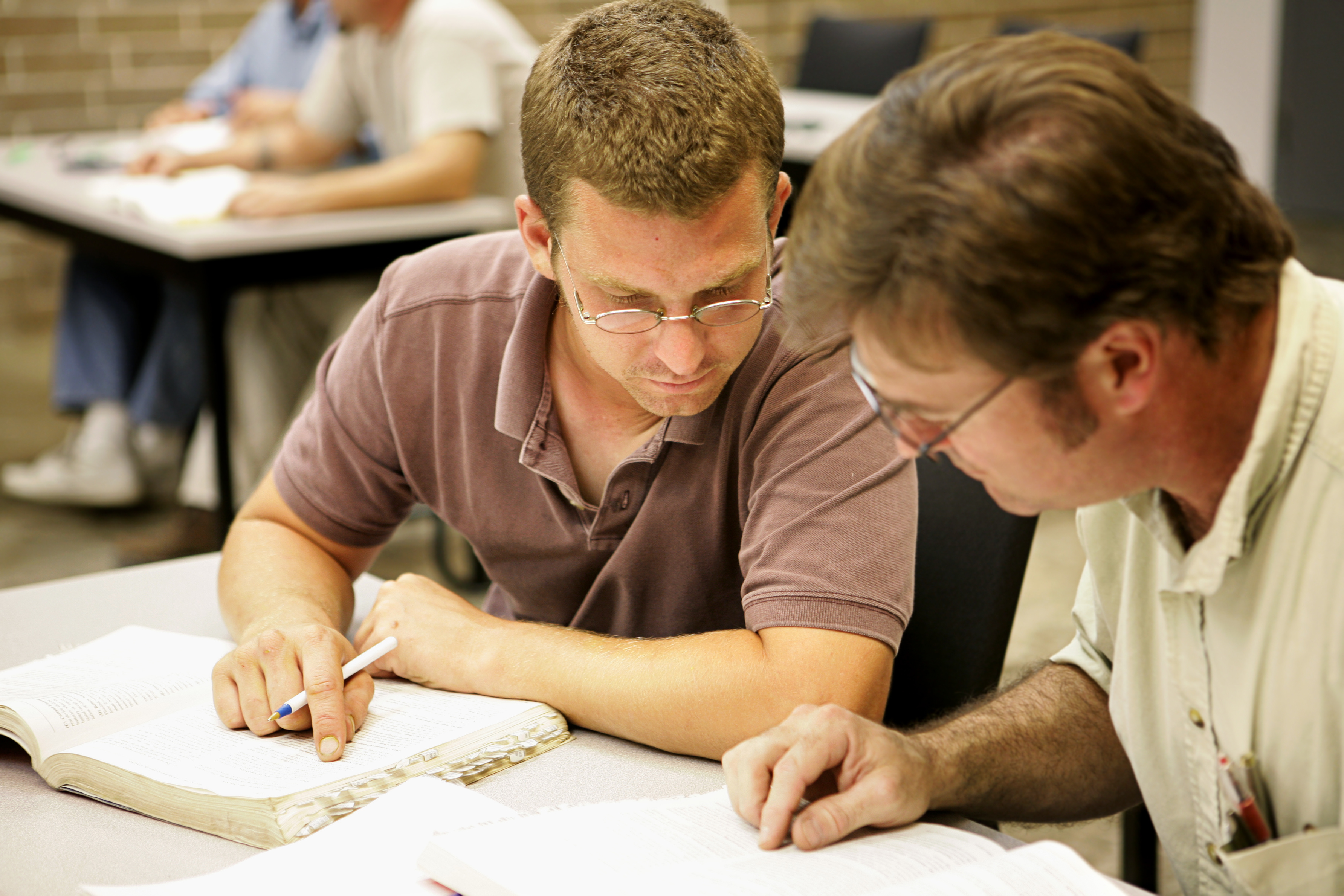By Rebecca Jackson
Co-production in criminal justice was the core theme of a conference held last Wednesday by the Scottish Co-Production Network.
The speakers were invited to showcase their organisations as three examples of best practice. All the organisations have integrating partnerships and co-production at the heart of their values, and they spoke of the benefits and challenges they had faced, as three very different organisations, all looking to use co-production in the context of criminal justice.
Supporting vulnerable women
Tomorrow’s Women Glasgow, is part of a national pilot which aims to develop community- based justice options for people who are offenders. This specific pilot focuses on vulnerable women with complex needs who are in, or have recently been involved in, the criminal justice system.
The women-only centre offers a safe space for women to come and spend time and to work with mentors to address the barriers and issues which prevent them from leading positive, healthy lives. In addition to this, the women are invited to contribute ideas towards the running of the centre, planning activities, contributing to a newsletter and hosting open days.
“The scheme gives vulnerable women a choice, a voice, a direction and opportunities”
The project is run in association with the social enterprise Outside the Box. There are some examples of Outside the Box’s other projects here.
Improving transitions from prison
Pete from Positive Prison? Positive Futures… delivered an inspiring and thought-provoking presentation about his experiences as a person with a conviction who had served time in prison and how that drove him to help others upon their release from prison. He helped to set up the organisation Positive Prison? Positive Futures… (PP?PF) which seeks to “improve the effectiveness of Scotland’s criminal justice system so as to reduce the harms caused by crime and to support the reintegration of those who are or have been subject to punishment”.
He was keen to stress that the charity is not a service provider; rather it is an initial point of contact to help direct people with convictions to the available and relevant services which already exist.
“We’re kind of like in space when you use the gravitational pull of an object to slingshot you in the right direction (Apollo 13 reference anyone?!). People are coming to us going one way, we come into contact with them, build their speed and send them in another, safer, hopefully better direction!”
In addition to this, the charity engages regularly with the Scottish Government as part of committees looking into reform of the prison service, the redesign of community justice and have, among other things, influenced policy decisions around the release of individuals from prison including transitional care.
The charity works with recently released, or soon to be released people with convictions, looking at building relationships during the vulnerable first few weeks ‘on the outside’ where re-offending and suicide rates are high. They also offer mentoring to help prepare people for the transition from prison life.
Co-production and young people
Space Unlimited is a social enterprise based in Glasgow, which offers a creative space for young people to become involved in the planning and review of the criminal youth justice system. It encourages young people from vulnerable backgrounds, as well as young people who have served time in prison, to use their experiences to change how offending and criminal justice is viewed by young people.
The scheme aims to provide a space to show how young people can use their views to influence how the system can work best for them, to avoid re-offending and help integrate them back into society. The young people interact with adult stakeholders from across the local authority and criminal justice sector, as well as charities and third sector organisations.
“We promote and encourage children and young people to view themselves as experts in their own right, using their own experiences to promote positive change in the youth criminal justice system”
Creating new spaces for dialogue
What all of the case studies sought to highlight were the key elements of co-production:
- Assets
- Capacity
- Mutuality
- Networks
- Shared roles
- Catalysts
The speakers discussed their learning and experiences, as well as the challenges they face, but all highlighted the fundamental belief underpinning co-production – that service users and service providers can learn from one another. We create better services by engaging service users – creating services with people, not for them.
Co-production is an approach which is widely spoken about in health and social care, but as the conference and its speakers highlighted, the application and remit of co-production could be rolled out over other areas of policy too. It is all about finding groups of people willing to engage and to listen – creating a space for an exchange of dialogue, knowledge and learning. And the results could potentially be hugely beneficial for both service users and service providers. This video from the New Economics Foundation (NEF) highlights some of the benefits of co-production in practice.
[youtube https://www.youtube.com/watch?v=aKATrzUV2YI?rel=0]Co-producing Positive Futures learning event: how co-production, learning and partnership building can improve community experiences and engage people in the criminal justice system. Scottish Co-production Network, Glasgow, 28 October 2015.
Share
Related Posts
Tackling geographical inequalities is critical for ensuring that all parts of the country have the potential to prosper. When the UK was a member of the European Union, it was entitled to a share of funding from the EU’s structural ....
In recent years, there has been an increasing focus on ensuring people with ‘lived experience’ are involved in co-producing research and policy-making at practical, local level. However, there has been little discussion around what the people with lived experience themselves ....
By Robert Kelk and Chris Drake A new start for an old challenge? The recent appointment of Marc Lemaître as the European Commission’s director general for research and innovation (R&I) has returned Europe’s R&I gap to the spotlight. Previously head ....
Today sees the start of Community Garden Week 2023. Across the UK, communities will be celebrating the many and varied types of community gardens, from children’s and neighbourhood gardens to therapy gardens and allotments. The benefits of community gardens are ....





